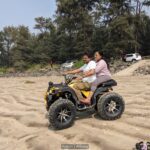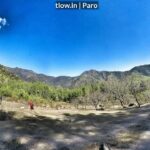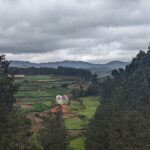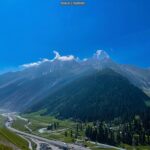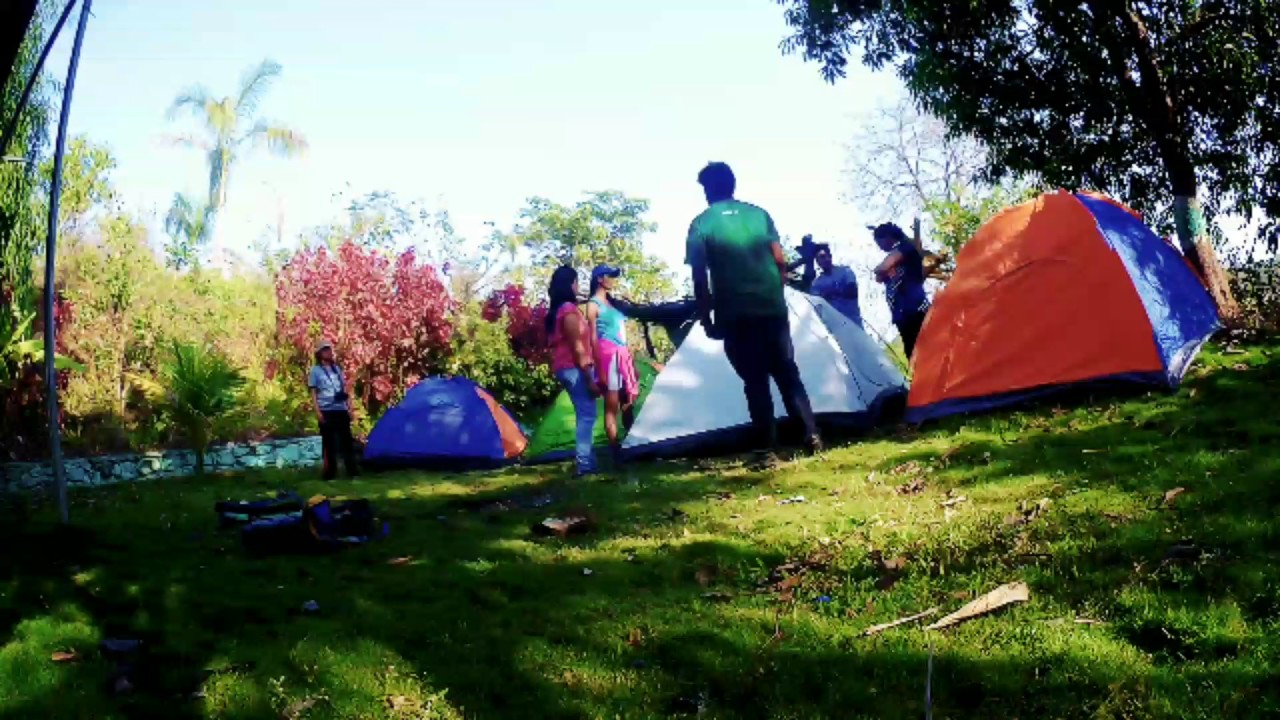
7 solid reasons how camping helps home schooling kids
Home-schooled kids can greatly benefit from camping experiences. Here are some ways in which camping can enhance their education and personal development:
Table of Contents
1. Nature immersion:
Camping allows home-schooled kids to immerse themselves in nature and learn firsthand about the environment. They can explore different ecosystems, observe wildlife, study plants and trees, and understand natural processes. This hands-on experience can deepen their understanding of science and the natural world.
2. Practical skills about camping:
Camping requires kids to learn and practice practical skills such as setting up tents, cooking meals, building fires, navigating outdoors, and basic first aid. These skills foster independence, problem-solving abilities, and self-reliance, which are essential in both education and life.
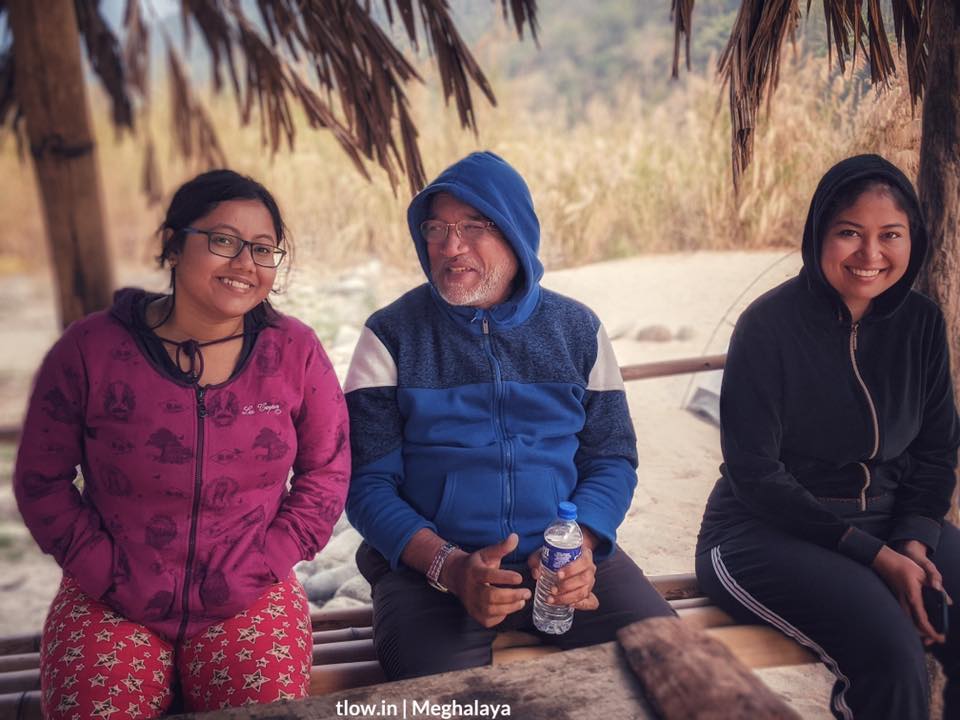
3. History and culture:
Many camping destinations offer opportunities to learn about local history and culture. Kids can visit historical landmarks, engage in cultural activities, and gain a deeper appreciation for the world around them. This type of experiential learning adds depth and context to their education.
4. Social interaction:
It often involves staying in campgrounds or joining camping groups. This provides an opportunity for home-schooled kids to interact with other children and adults, fostering social skills and building relationships. They can practice communication, teamwork, and cooperation while engaging in various camp activities.
5. Unplugged and sensory experience:
It allows kids to disconnect from screens and technology, providing a break from the digital world. They can engage their senses and connect with the natural environment, stimulating creativity, imagination, and mindfulness. This break from constant connectivity can also promote mental well-being.
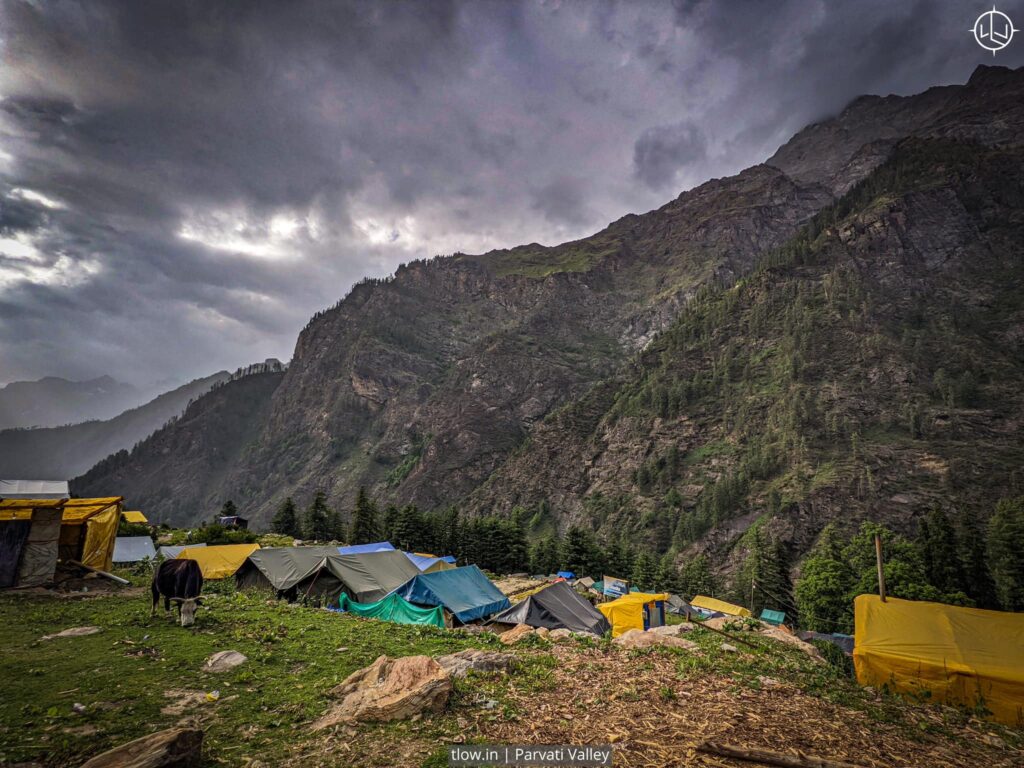
6. Personal growth:
Camping challenges children to step out of their comfort zones, face new experiences, and overcome obstacles. It encourages personal growth, resilience, and adaptability. Home-schooled kids can develop confidence, self-esteem, and a sense of accomplishment through conquering camping challenges.
7. Family bonding:
Camping provides an excellent opportunity for families to spend quality time together. It strengthens family bonds, promotes open communication, shared experiences, and builds memorable moments. This nurturing environment contributes to the emotional and social development of home-schooled kids.
Incorporating camping into a home-schooling curriculum allows children to learn in a dynamic environment, encourages their curiosity, and enhances their overall education. It offers a unique blend of academics, practical skills, social interactions, and personal growth that complements home-based learning.
Homeschooling kids while camping can be a wonderful way to combine education and outdoor fun. Here are some ideas on how to homeschool your kids while camping:
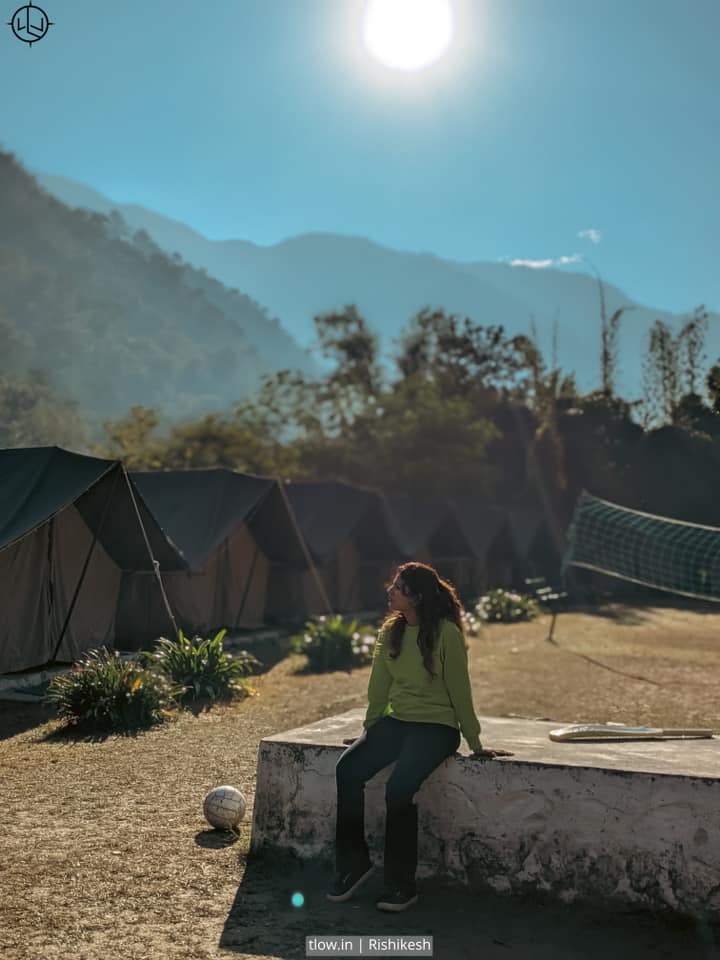
1. Nature Studies: Take advantage of the natural environment around you to teach your kids about different plants, animals, and natural habitats. Go on nature hikes, observe wildlife, and learn about the ecosystem.
2. Astronomy: It provides an excellent opportunity for stargazing. Teach your kids about constellations, planets, and the night sky. Bring a telescope or binoculars to observe celestial objects.
Subjects
3. History and Geography: Incorporate local history and geography into your trip. Visit nearby historical sites, museums, or landmarks to learn about the area’s past. Discuss the geographical features of the region you are camping in.
4. Camping Skills: Teach your kids practical skills such as setting up a tent, building a fire, cooking outdoors, and navigating using a compass or map. These skills can be incorporated into lessons on physics, math, and survival skills.
5. Literature and Writing: Choose camping-themed books for reading aloud or encourage your kids to read books about nature and adventure. Have them write and journal about their camping experiences, describing the sights, sounds, and feelings.
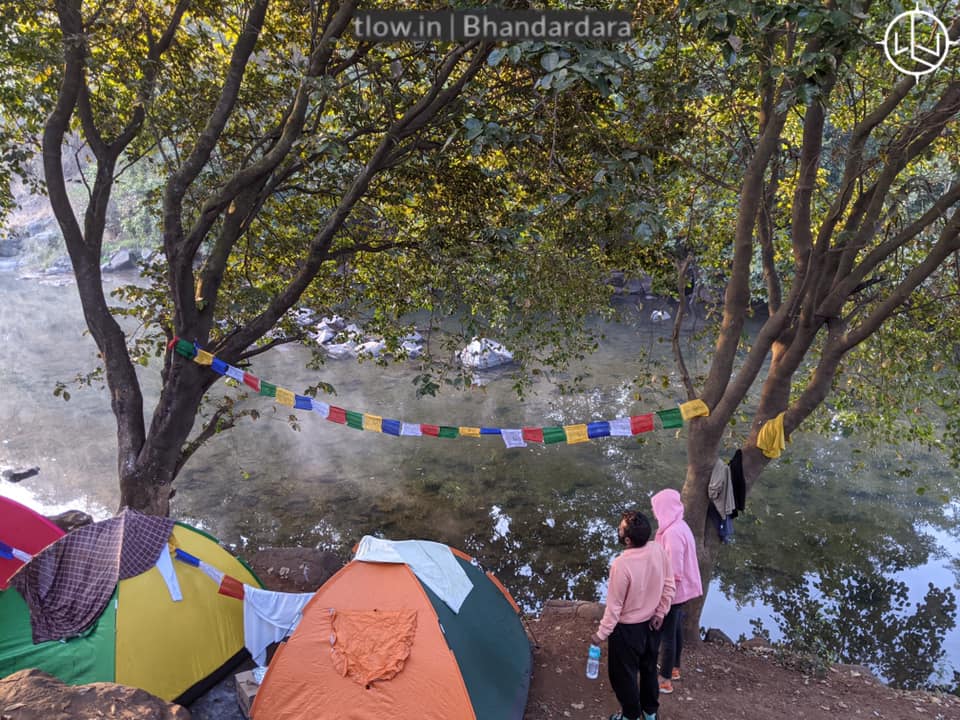
6. Science Experiments: Plan science experiments that can be done outdoors. Explore topics like water purification, weather forecasting, or simple physics experiments using natural materials found around the campsite.
7. Art and Crafts: Encourage your kids to create art inspired by nature. Collect leaves, rocks, and other objects to make nature collages or use natural materials for crafts. Paint or draw landscapes or wildlife.
8. Physical Education: It provides ample opportunities for physical activities. Engage in hiking, biking, swimming, or playing outdoor games to keep your kids active and fit.
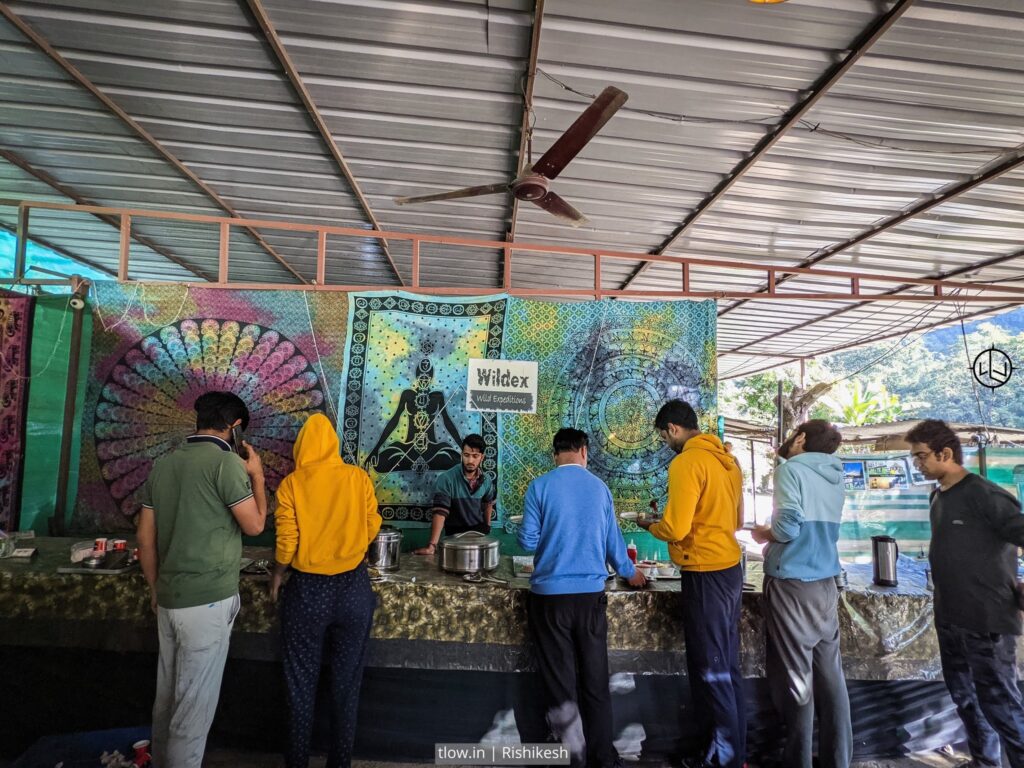
Studies
9. Social Studies: Teach your kids about different cultures, indigenous peoples, or native tribes that historically inhabited the regions you camp in. Discuss their traditions, lifestyles, and how they interacted with nature.
10. Wildlife Conservation: Use the camping experience to educate your kids about the importance of environmental conservation and protecting wildlife. Discuss current environmental issues and have conversations about sustainable practices.
Remember to balance educational activities with free play and enjoy the experience of being outdoors. Adapt your homeschooling routines to fit the schedule and make the most of the unique learning opportunities that nature provides.



